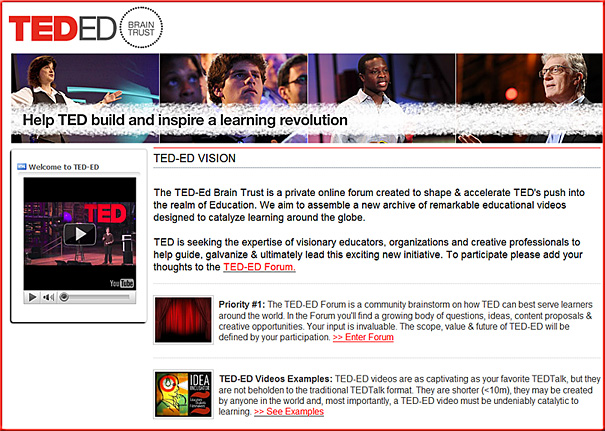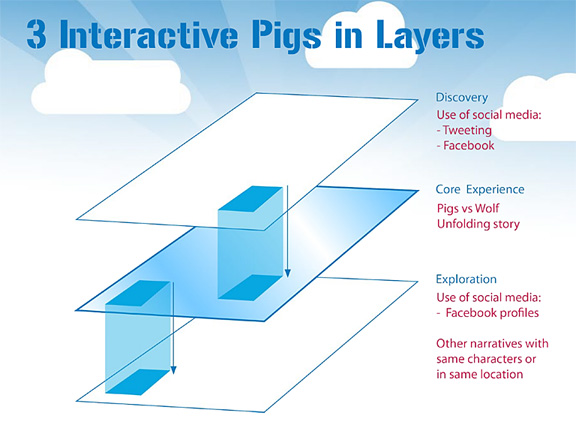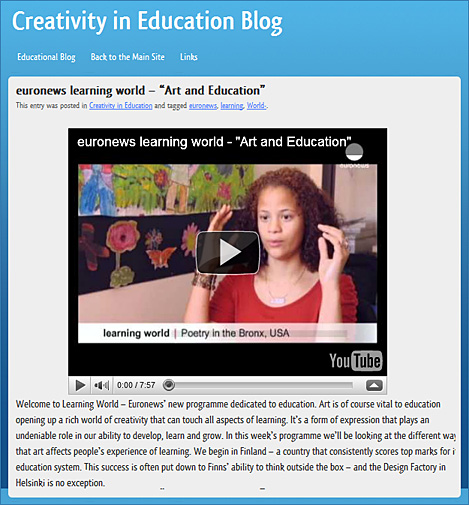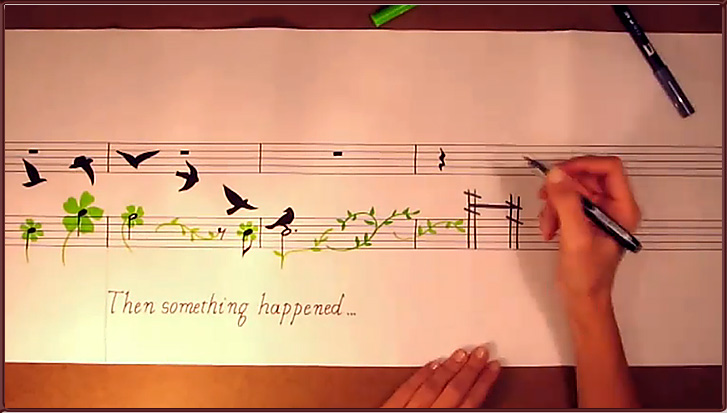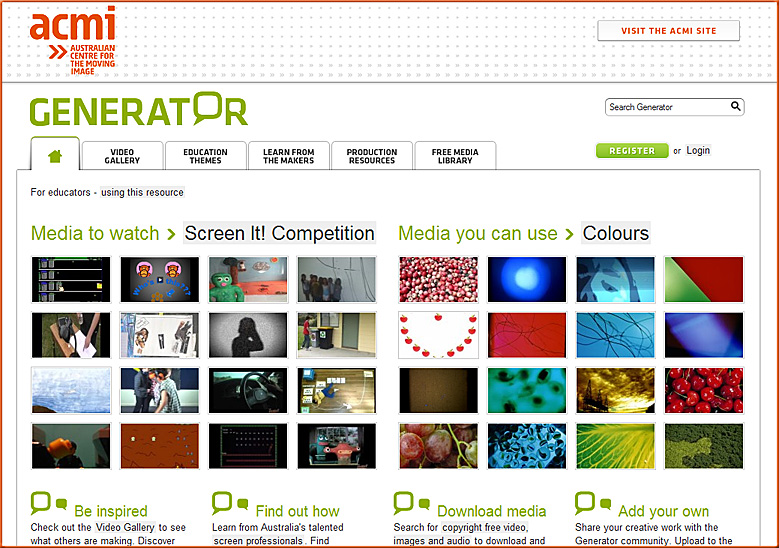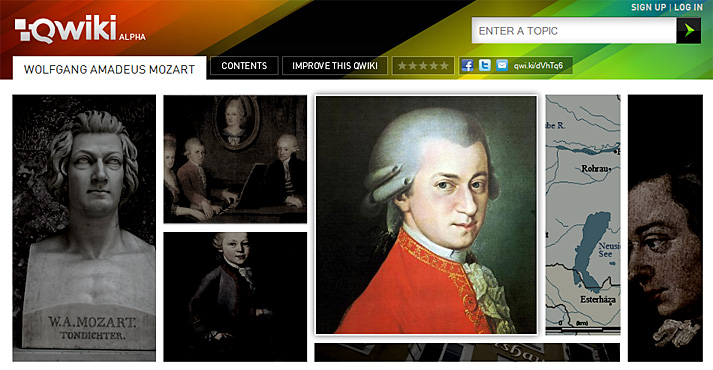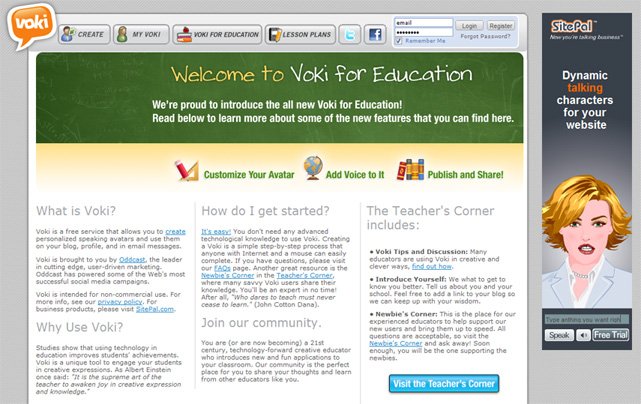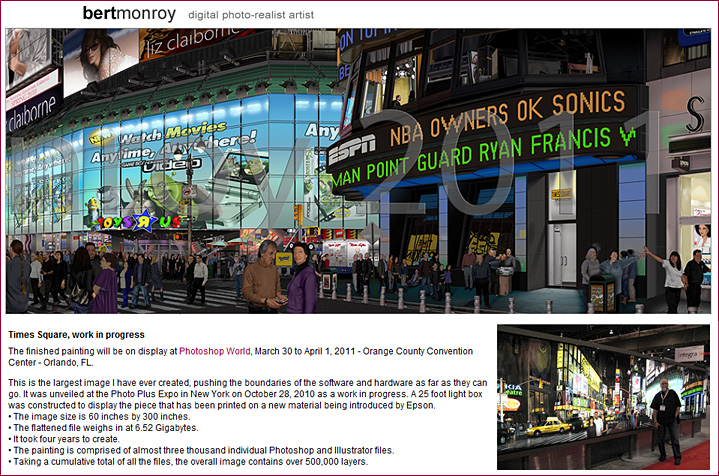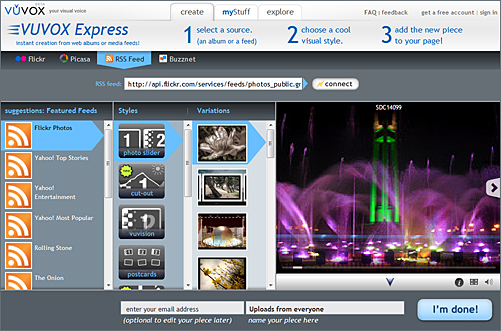From DSC:
The incredible potential of location-aware educational materials, which could greatly enable a student to pursue their passions.
The other day, I was talking to my son after he had just finished playing a Wii-based football game. As we were talking, the situation made me reflect upon the power* that could come into play when a game/resource knows your (general) location. For example, in this NFL-based game, the system might ask if my son wants the Detroit Lions involved in the game. If he said yes, then the system might ask if my son were interested in knowing more about the Detroit Lines upcoming schedule. Again, if he answers in the affirmative, the system could provide a link to instantly take him to that information.
Now…take that same concept into the world of education, as a student attempts to pursue her passions, interests, and gifts. If she’s using a device that is teaching her how to draw, the “game” might present a list of art shows and exhibits in her area, along with information on how to get tickets to such events. In this manner, she could feed her passion. Such applications could open up a network of opportunities — in real-time — and present to a student what’s currently happening around them that could further involve them in the very thing that they are working with at that time (be it music, art, math, physics, or whatever discipline that’s involved). This is especially powerful if one were traveling or on a field trip.
Museums and educational institutions could tag their events so that such software goes out looking for such information and would bring such information back to the “game”.
It seems to me that if such technologies uncover chances to further one’s passion, the student will develop more of a love for learning. If a student develops a love for learning, the chances are better that that person will become a lifelong learner.
My bet? Some pretty cool teaching and learning times are ahead…
.
* I realize there are reflections going on in my mind — and others’ minds as well — that such power needs to be taken seriously, responsibly…and not abused from a commercial standpoint nor from a security standpoint. Software may even be needed to absolutely block such inquiries — but if we get to that point, we’ve let the bad apples out there control everything…again.
Lessons that inspire a love for the arts — from Edutopia.org
The Importance of Creativity in the Classroom
Blogger Jim Moulton on why an effective arts education requires that students be given freedom within a structure.
Staging Plays for Active Learning
Playwriting teaches kids how to construct a plot, write dialogue, tell a story through action, and much more.
How to Set Up a Literature Circle
Get tips for laying the groundwork, setting up protocols for discussions, and implementing strategies for motiving students to read.
MUSIC PAINTING – Glocal Sound – Matteo Negrin — from Technology in Art Education blog
.
.
From DSC:
Perhaps you can enlist some talented students to create something like this, including:
- Fine Artists
- Musicians
- Writers
- Videographers
- Composers
- Video Editors
- …and more!
Alternative reality games (ARGs) as mobile learning — from Float Mobile Learning by John Feser
Excerpts:
An alternate reality game, or ARG for short, (pronounced by saying the letters ‘A-R-G’, not by sounding like a pirate) is an interactive narrative that uses the real world as a stage for telling a story, playing out a scenario or creating a learning experience. ARGs make use of diverse media and game elements to help tell and impact the outcome of the story.
…
Mobile devices combined with a good story and an educational game can be a powerful way to increase engagement and activity level of your learners. ARGs offer an interesting way to bring your mobile technology along for the ride. ARGs are being successfully used in marketing and entertainment as well as to train and solve real world problems. Organizations that are looking for creative ways to engage in mobile learning should consider the benefits ARGs have to offer. By crafting a realistic, enjoyable experience, you’ll be reinforcing behavior that most companies are actively seeking in their employees: critical problem solving, inquisitiveness and creativity.
Originally saw this item at iLearnTechnology.com
Excerpt:
Voki is a free web tool that let’s students create personalized speaking avatars that can be used in a variety of online formats (blogs, email, direct link, social network profiles, etc.). Now, Voki has released an exclusive education edition of their service. Voki Education has some additional features that make it even more useful for the classroom. Sharing is now easier than ever. Students and teachers can embed their finished Voki in webpages, email, and social network profiling, they can also share using a “Voki link” which will allow students to share a simple URL to a Voki page. Students no longer need access to a website or blog to share their Voki scene! Voki also provides custom links for educational partners like SymbalooEdu, very handy. A new lesson plan database provides teachers with a searchable database of lesson plans that utilize Voki for learning. Teachers are encouraged to share their Voki enhanced lesson plans. In the new Teacher’s Corner, teachers and “expert” users can discuss anything related to Voki. There is even a Newbies corner with a series of discussions in Q&A format. Voki is now ad-free, this makes it an even sweeter deal for the classroom!
From DSC:
Congratulations to Bert Monroy!
Bert is an incredibly gifted digital artist doing incredible work! (I took a Photoshop class with Bert back in 1997 — I was incredibly impressed back then, and I think you will be as well when you see his work.)
.
In case you can’t read the fine print:
- The image size is 60 inches by 300 inches.
- The flattened file weighs in at 6.52 Gigabytes.
- It took four years to create.
- The painting is comprised of almost three thousand individual Photoshop and Illustrator files.
- Taking a cumulative total of all the files, the overall image contains over 500,000 layers.
— originally saw this at Terry White’s blog
3/28/11 Addendum from Lynda.com:
Vuvox: A tool for digital storytelling — from Instructional Design Fusions by Dianne Rees
Dianne mentions that Vuvox provides some helpful videos to get you started:









